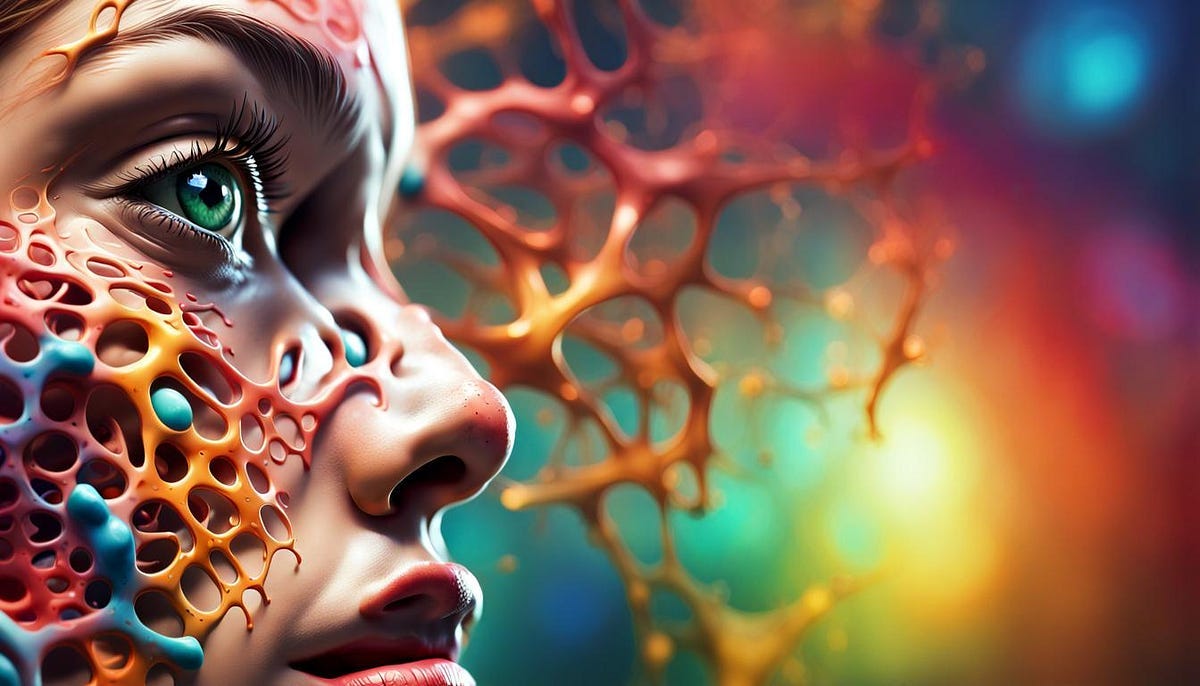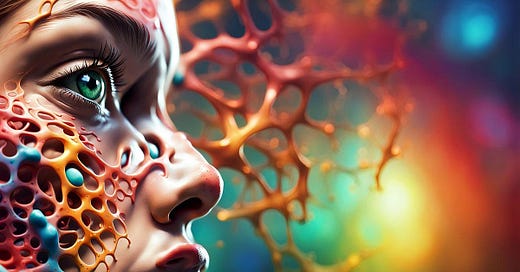That science is still working to answer

Why do we yawn, and what purpose does it serve beyond the traditional belief of oxygen intake?
While yawning is often associated with tiredness or boredom, the exact function and triggers of yawning remain a subject of investigation.
2. What causes hiccups, and why do they persist despite numerous home remedies?
The mechanisms behind hiccups, involuntary contractions of the diaphragm, are not fully understood, and effective, universally reliable cures remain elusive.
3. How does the brain create and store memories, and what distinguishes short-term memory from long-term memory?
While there are theories about memory formation, the intricate processes involved and the distinctions between different types of memory are still being explored.
4. Why do we experience déjà vu, and what processes in the brain contribute to this phenomenon?
The feeling of déjà vu, where a situation feels familiar though it’s seemingly new, lacks a definitive explanation, and various theories are being investigated.
5. What causes the body’s internal clock, and how does it regulate our circadian rhythms?
While the role of the circadian clock in regulating sleep-wake cycles is understood, the precise mechanisms and external influences on this internal clock are still being studied.
6. What determines individual variations in pain perception and tolerance?
Pain perception is subjective, and the factors influencing why individuals experience and tolerate pain differently are still not completely understood.
7. How does the body initiate and control the process of aging at the cellular level?
The molecular and cellular mechanisms that drive ageing are complex and not fully elucidated, making it a significant area of research in gerontology.
8. What triggers the sensation of itching, and why is scratching a reflexive response?
The neural pathways and receptors responsible for the sensation of itching and the itch-scratch reflex are areas of ongoing research.
9. How does the body regulate appetite, and what causes individual variations in hunger and satiety?
The intricate interplay of hormones, neurotransmitters, and neural signals that govern appetite regulation is still a subject of active investigation.
10. What determines the precise mechanism by which our body heals wounds, and why does scar tissue form?
While wound healing is a well-understood process, the factors influencing scar formation and the variability in healing among individuals are still under study.
11. How does the body maintain balance and coordination, and what processes contribute to a sense of equilibrium?
The integration of sensory information from the inner ear, eyes, and proprioception for maintaining balance is understood to an extent, but detailed mechanisms are still being explored.
12. What causes the specific patterns and content of dreams during sleep?
Dreams remain a mysterious aspect of sleep, and the neural processes that generate dream content and its potential significance are areas of ongoing research.
13. What triggers the complex process of puberty, and why do individuals mature at different rates?
The factors influencing the onset and progression of puberty, as well as the variations in timing among individuals, are complex and not fully understood.
14. How does the body distinguish between self and non-self, and what goes wrong in autoimmune disorders?
The immune system’s ability to recognize and differentiate between the body’s own cells and foreign invaders is a complex process, and the exact causes of autoimmune diseases are still being investigated.
15. What drives the placebo effect, and why do individuals respond positively to inert treatments?
The psychological and physiological mechanisms behind the placebo effect, where individuals experience improvements due to the belief in the efficacy of a treatment, are still not fully understood.




